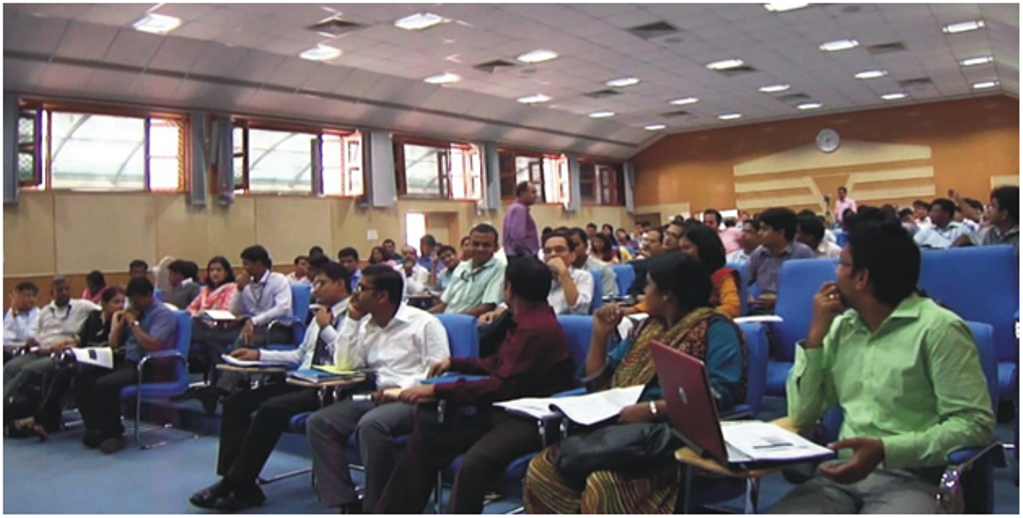Reasons for decline of Muslim participation in Civil Services

By Mohammed Junaid, TwoCircles.net
The civil service has long been regarded as the ‘steel frame’ of administration in India right from colonial days. The colonial legacy of civil service is continuing in this fast-changing era of globalization. In 1947, there were 980 ICS officers out of which 468 were Europeans, 352 Hindus, 101 Muslims, and some other communities in the remaining numbers. Most European officers left India at Partition, while many Hindus and Muslims went to India and Pakistan respectively. After the partition, we saw a decline in the participation of Muslims in Civil services.
On 4 August 2020, the union public service commission announced the Civil Services examination 2019 results. On the whole, 829 candidates have been recruited in different services across the country.
Safna Nazarudeen, who ranked 45, has secured the highest rank among Muslim candidates and is the only one from the community among the top 100.
There are 42 Muslims in the list of successful candidates. The civil services are one of the most prestigious and coveted exams in the country. Every year, about 10-12 lakhs aspirants apply for it and compete to come in the final rank list.
Last year about 28 Muslim candidates which account for 3.6% of the selected candidates, were recruited. In the 2016 batch, for the first time in history, 50 Muslims were selected through the UPSC, with 10 making it to the top 100.
On average, we have around 5% Muslims in recent years who have been recruited for CSE. Despite Muslims being 14% of India’s population, only around 5% are being selected.
There are mainly two reasons for this low percentage of recruitment.
Firstly, Muslims are the only community to have an illiteracy rate higher than the national rate among all communities which is about 42 per cent. Drop-out rates among Muslims are highest at the level of primary, middle and higher secondary compared to all other communities.
Secondly, according to the Sachar committee report, Muslims constituted only 4.9% of candidates who appeared in the written examination of Civil Services in the years 2003 and 2004. This is far below the 13.4 % share of Muslims in the then population. However, the success rate of Muslims is about the same as other candidates. While the small number of Muslim candidates appearing in the written examination of the Civil Services is a cause for concern, similar success rates are re-assuring. There is a need to improve Muslim participation in the UPSC competitive selection process.
“Rather than complaining about the erosion of the political discourse in the country, Muslims need to see how they can best stake a claim in power,” said Zafar Sareshwala, former vice-chancellor of the Maulana Azad National Urdu University, Hyderabad.
As we know, the top bureaucrats of the country are the ones who cracked CSE including Cabinet Secretary, Home Secretary, Principal Secretaries of different departments in the Central Government.
There is a need for Muslim youth to attempt this exam and try to be in the policymaker’s panel.
Firstly, Muslim youth need to be made aware of the role of education, which should increase literacy and decrease the drop-out rate among them.
Secondly, students who are graduating need to be aware of the importance of civil servants in the development of the country.
UPSC is a fair institution. If there was any discrimination against minority then the success rate would have been low. But we observe that according to participation, the success ratio is the same as other candidates. So, we need to increase the participation rate of Muslims in civil service. The aspirations for going abroad for jobs among the Muslim community is also one of the factors responsible for less participation.
Moreover, the government provides different facilities for minorities to prepare for the exam. Many other organisations provide free or subsidized coaching exclusively for Muslims. Therefore, the Muslim youth should take advantage of these different opportunities to increase their participation in this crucial examination.
